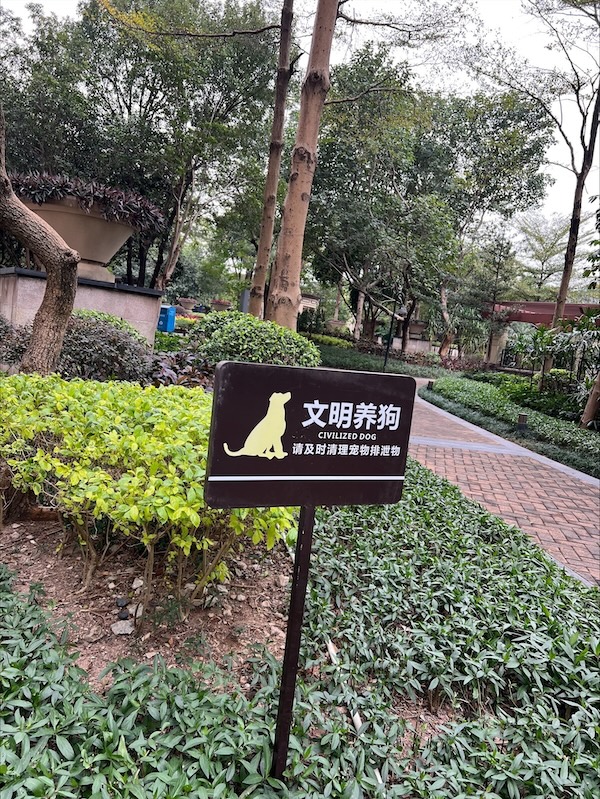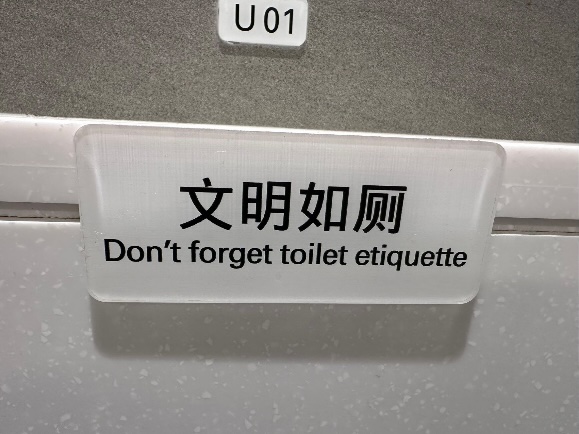Machine translators vs. human translators
"Will AI make translators redundant?" By Rachel Melzi, Inquiry (3 Dec 2024)
The author is a freelance Italian to English translator of long standing, so she is well equipped to respond to the question she has raised. Having read through her article and the companion piece on AI in general (e.g., ChatGPT and other LLMs) in the German magazine Wildcat (featuring Cybertruck [10/21/23]) (the article is available in English translation [11/10/23]), I respond to the title question with a resounding "No!". My reasons for saying so will be given throughout this post, but particularly at the very end.
The author asks:
How good is AI translation?
Already in 2020, two thirds of professional translators used “Computer-assisted translation” or CAT (CSA Research, 2020). Whereas “machine translation” translates whole documents, and thus is meant to replace human translation, CAT supports it: the computer makes suggestions on how to translate words and phrases as the user proceeds through the original text. The software can also remind users how they have translated a particular word or phrase in the past, or can be trained in a specific technical language, for instance, by feeding it legal or medical texts. CAT software is currently based on Neural Machine Translation (NMT) models, which are trained through bilingual text data to recognise patterns across different languages. This differs from Large Language Models (LLM), such as ChatGTP, which are trained using a broader database of all kinds of text data from across the internet. As a result of their different databases, NMTs are more accurate at translation and LLMs are better at generating new text.
Read the rest of this entry »


